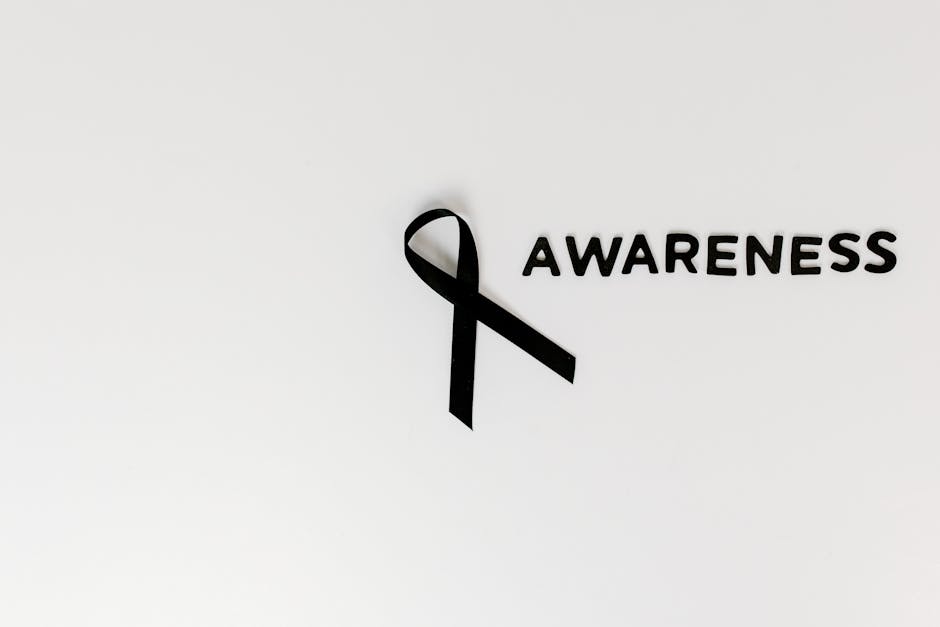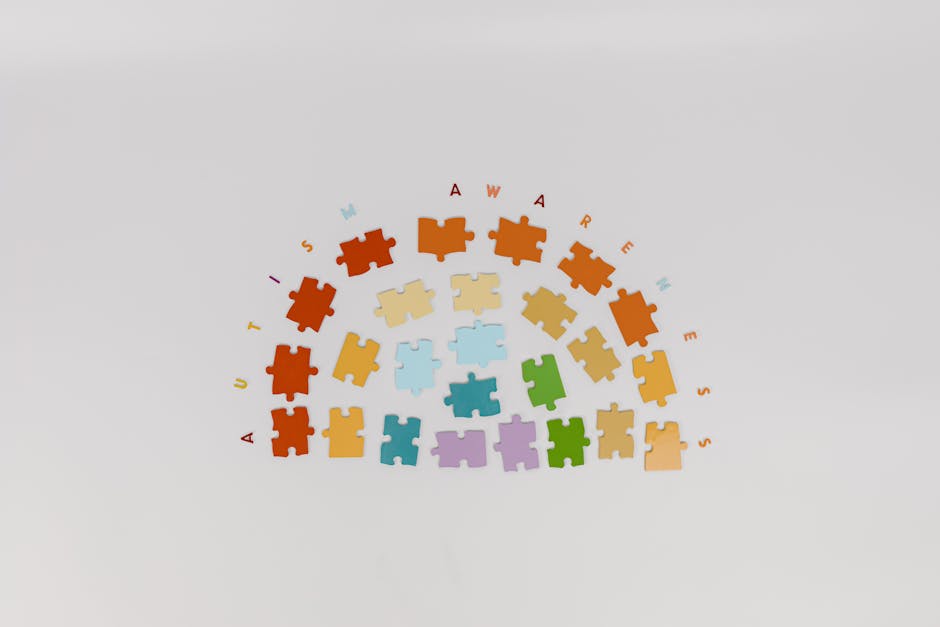Advocacy for Mental Health Awareness
Did you know that one in five adults in the U.S. experiences mental illness each year? That’s about 51.5 million people! Yet, many of us still struggle to talk about mental health openly. In this article, well explore why mental health awareness is so important and how we can advocate for it in our communities.
What is Mental Health Awareness?

Mental health awareness means understanding mental health issues and recognizing their impact on individuals and society. it’s about breaking down the stigma surrounding mental illness. When we talk about mental health, we create a space for people to seek help without fear of judgment.
Why is Advocacy Important?

Advocacy helps bring attention to mental health issues. Here are some reasons why it matters:
- Education: Advocacy teaches people about mental health, helping to dispel myths and misconceptions.
- Resources: It connects individuals to the resources they need, like counseling or support groups.
- Support: Advocacy creates a sense of community and support for those struggling with mental health issues.
When we advocate for mental health awareness, we create a healthier society. We encourage open discussions and empower individuals to seek help. This change starts with each of us!
How Can We Advocate for Mental Health?

There are many ways to advocate for mental health awareness. Here are some practical steps you can take:
- Educate Yourself: Learn about mental health issues, symptoms, and resources.
- Share Your Story: If you feel comfortable, sharing your personal experiences can help others feel less alone.
- Support Others: Be there for friends and family who may be struggling.
- Join Local Organizations: Get involved with local mental health groups or initiatives.
- Use Social Media: Share informative posts and articles about mental health.
Every little effort counts. By taking these steps, you can help spread awareness and support mental health initiatives.
What are Common Misconceptions About Mental Health?

Understanding mental health requires clarifying some common misconceptions. Here are a few:
- Mental illness is rare: Many people believe that mental health issues are uncommon. In reality, they affect millions.
- People with mental illness are dangerous: This stereotype is harmful. Most individuals with mental health issues are not violent.
- it’s a personal weakness: Mental health problems are not a sign of weakness. They are medical conditions that need treatment.
By addressing these misconceptions, we can foster a better understanding of mental health.
What Role Does Research Play in Mental Health Awareness?
Research is crucial in advancing our understanding of mental health. Studies help us learn more about:
- The effectiveness of various treatments, such as therapy and medication.
- The impact of mental illness on different populations.
- Innovative approaches to mental health care.
For example, a study published by the National Institute of Mental Health found that therapy can significantly reduce symptoms in individuals with depression. This information helps guide treatment options and improves patient outcomes.
How to Support Mental Health in Your Community
Supporting mental health goes beyond personal advocacy. Here are some community-focused actions you can take:
- Attend Local Events: Join mental health awareness events or workshops in your area.
- Volunteer: Offer your time to local mental health organizations or support groups.
- Advocate for Policy Changes: Push for local policies that support mental health funding and resources.
Communities thrive when they support mental health initiatives. Your involvement can make a real difference!
How Can Schools Promote Mental Health Awareness?
Schools play a vital role in mental health education. They can:
- Incorporate Mental Health Education: Teach students about mental health in health education classes.
- Provide Resources: Ensure students know how to access counseling services.
- Create Safe Spaces: Foster an environment where students feel comfortable discussing their feelings.
When students learn about mental health early on, they develop a better understanding and empathy for others.
What Can Employers Do for Mental Health Awareness?
Employers can significantly impact mental health awareness in the workplace. Heres how:
- Offer Mental Health Days: Allow employees to take time off for mental health without stigma.
- Provide Resources: Share information about mental health support, such as employee assistance programs.
- Foster Open Communication: Create an environment where employees feel safe talking about their mental health.
A supportive workplace can lead to happier, healthier employees and increased productivity.
How Can You Start Conversations About Mental Health?
Starting a conversation about mental health can feel daunting. But here are some tips to make it easier:
- Choose the Right Moment: Find a time when both you and the other person are relaxed.
- Be Open and Honest: Share your own feelings and experiences to encourage openness.
- Listen Actively: Show that you care by listening without judgment.
Remember, every conversation helps normalize discussions about mental health.
What Resources are Available for Mental Health Support?
There are many resources available for mental health support. Some options include:
- Crisis Hotlines: Call hotlines like the National Suicide Prevention Lifeline at 1-800-273-TALK.
- Online Therapy: Platforms like BetterHelp offer remote therapy for those who prefer online sessions.
- Support Groups: Local or online support groups can provide community and understanding.
Utilizing these resources can provide immediate help and long-term support.
What Can You Do Today?
Now that you know the importance of mental health awareness, what can you do today?
- Start a Conversation: Reach out to someone and ask how they are really feeling.
- Share Information: Post about mental health awareness on your social media.
- Learn More: Read books or watch documentaries about mental health.
Every small action makes a big difference. Together, we can create a world where mental health is prioritized.
Conclusion: Advocate for Change
Advocacy for mental health awareness is vital. It helps break down barriers and promotes understanding. Mental health affects us all, directly or indirectly. By educating ourselves and others, we can create a supportive environment for everyone.
Remember, you have the power to make a change. Whether it’s through conversations, sharing information, or getting involved in your community, every action counts. Lets work together to raise awareness and support mental health for all.
For more information on mental health resources, visit the National Alliance on Mental Illness.



